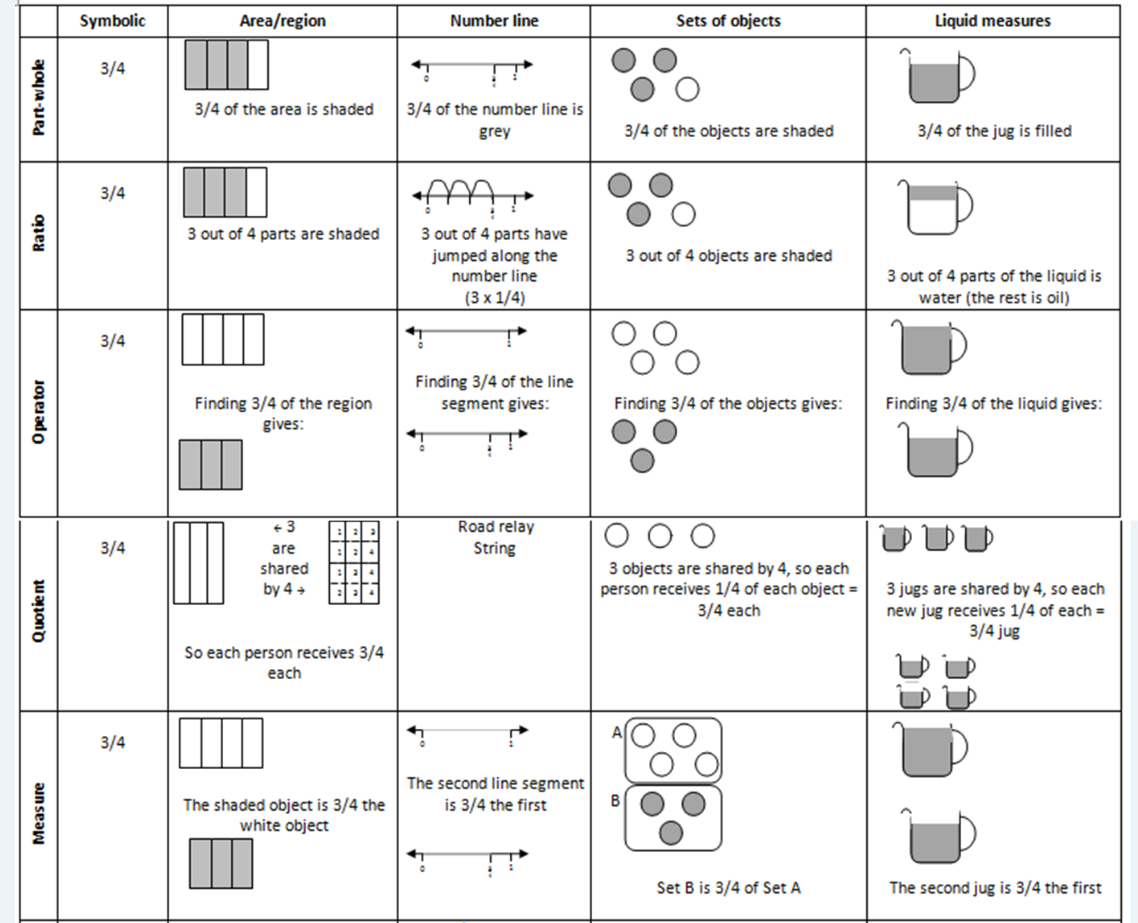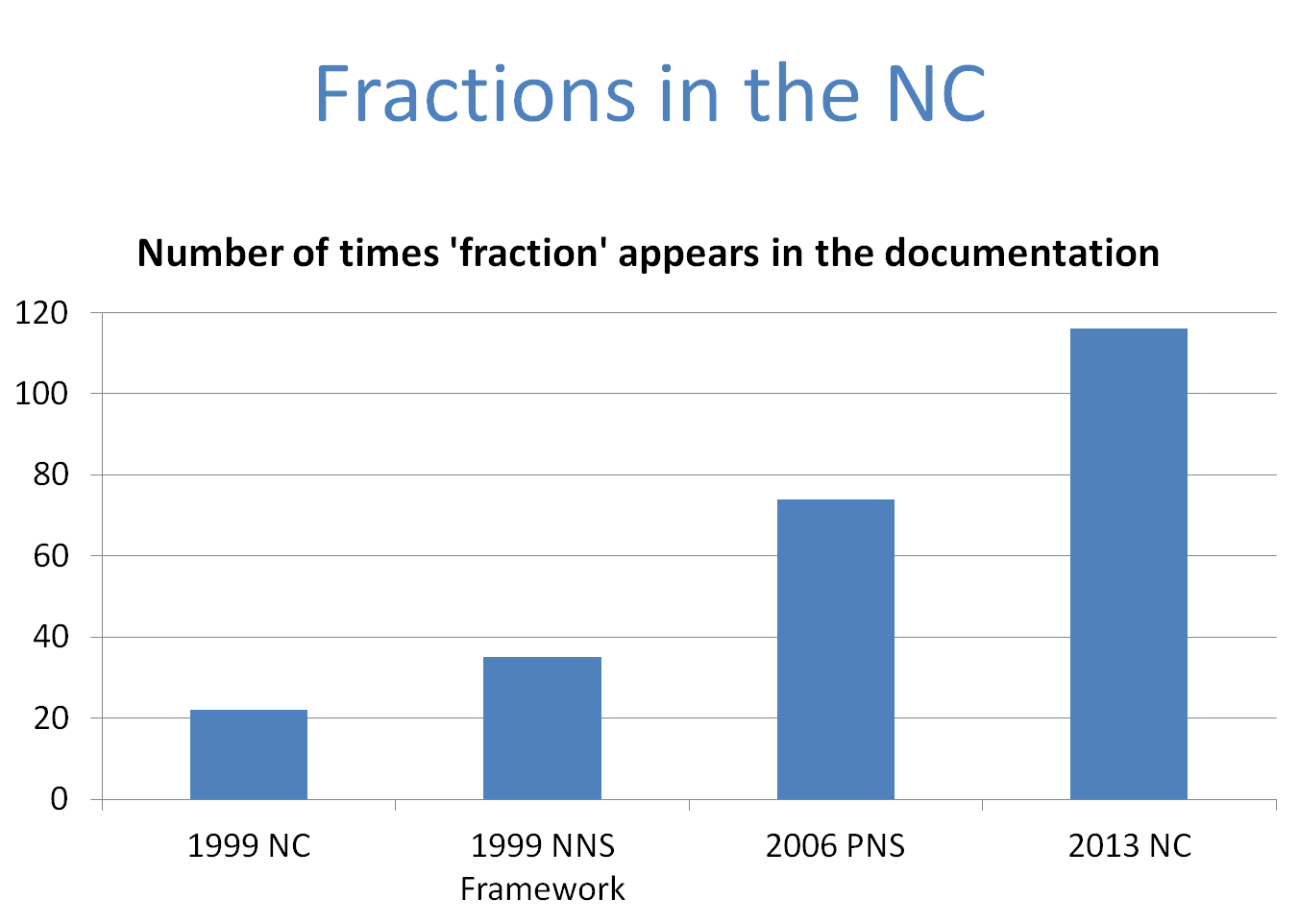The IOE were invited to speak at the Shropshire Cross-Phase Mathematics Conference on Mathematical Reasoning in the New Curriculum last September.
With over 80 teachers from primary and secondary schools attending, this was an ideal platform to share the iTalk2Learn project and the latest iteration of Fractions Lab.
Thinking about teaching fractions
The talk, focused on how students learn fractions, began with asking participants to note as much as they could about fractions using the following prompts:
- What are they?
- How do you teach them?
- What do they look like?
- What do they represent?
- How confident is your own fraction knowledge?
- Where are they used?
Participants were then asked to consider how they taught fractions in relation to the iTalk2Learn Matrix (published in Hansen, 2014) that brings together Lamon’s (2012) representations and Kieran’s (1976, 1981) interpretations of fractions. This matrix was praised by Professor Anne Watson on the day who told us that she had never seen these two notions of fractions presented in this way and they she intended to use it herself in the future.
Introduction to iTalk2Learn and Fractions Lab
We gave a brief introduction to the project and invited participants to register interest by returning a form in their conference packs. We had an overwhelmingly positive response and look forward to those schools using the platform in the third year of the project.
We also shared some fractions errors and misconceptions we have captured during our formative evaluations. This led into consideration of students’ cognitive development in fractions, including the impact that focusing on whole numbers, place value and additive structures earlier on in the primary school has on students’ ability to reason multiplicatively later on. Interestingly, multiplicative reasoning was also a focus of Professor Mike Askew’s input in the afternoon.
We also considered the impact that increasing the focus on fractions may have on students in England.
Feedback
We had some very positive feedback from the participants and the event organisers.
“Thank you so much for the part you played in helping to make yesterday’s conference a huge success. We had very positive feedback about your session: teachers noted your enthusiasm and potential value of the Fractions Lab resource.” Cathryn Hardy, Education Improvement Adviser, Shropshire Council.
Reference:
[1] Hansen, A. 2014. Primary Mathematics for Trainee Teachers. SAGE/Learning Matters: London




